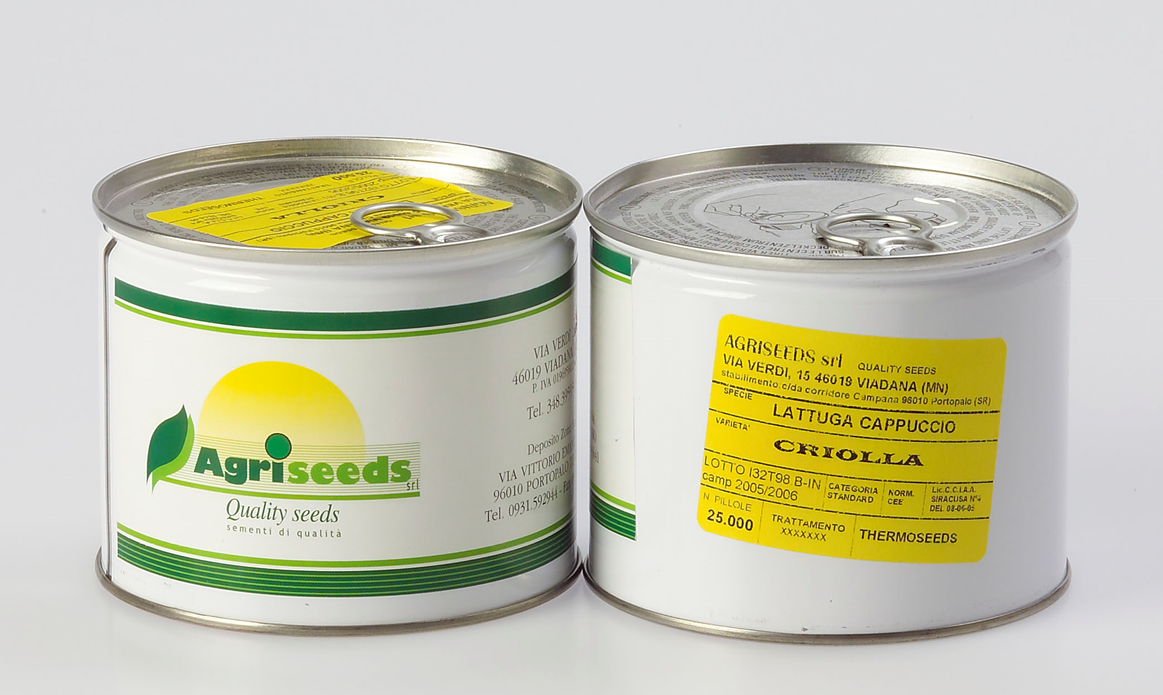Dealing with counterfeit lettuces – The challenges of plant variety right enforcement

Plant varieties are difficult to make but easy to reproduce. Proving that someone reproduced a plant variety, however, is extremely hard. For organized crime, infringing plant variety rights therefore presents low-hanging fruit, with consequences far beyond the infringement of IP rights.
Plant breeding requires great skill and knowledge. In addition, it requires significant investment in land, specialized equipment (greenhouses, growth chambers and laboratories), skilled manpower and much time (on average, it takes between 7 to 15 years of breeding before a new variety is released on the market). Plant variety rights or PVRs are a form of intellectual property right, aimed at protecting the fruit of this long process and thereby stimulating further innovation in plant breeding. However, plants are very easy to reproduce, which makes that enforcing PVRs is extremely hard, while infringing them is extremely easy.

These cans look like any other rightful product on the market. Correctly canned and labelled, they contain seeds of the protected lettuce variety Criolla, produced by the Italian Agriseeds. Upon opening, we find the seeds which grow into pretty butterhead lettuces. The problem is that the seeds are identical to those of Ballerina RZ, a protected plant variety developed by the Dutch company Rijk Zwaan.
In 2012, the Dutch seed company Rijk Zwaan has won a long-winded infringement case against the Italian company Agriseeds. Due to illegal reproduction of the lettuce variety Ballerina RZ, the Court of Milan has ordered Agriseeds to pay Rijk Zwaan 205.701,00 Euro, plus re-evaluation, interests and legal costs.
The story goes back to 2005, when sales representatives of Rijk Zwaan noticed a variety on the Italian market, which looked deceptively similar to their own variety, Ballerina RZ, protected by an EU PVR. They suspected that it was being reproduced without consent and sold under the name Criolla.
Seeds, especially lettuce seeds, are tiny and look precisely the same. While it is relatively easy to see that a certain shoe is a counterfeit, it is impossible to differentiate between a counterfeit and a legitimate seed. Therefore, DNA tests were needed. Seeds of Ballerina and Criolla were grown and their DNA tested. After the DNA tests confirmed their suspicion, the company decided to take legal action. Easier said than done.
By the time the DNA tests were done, the infringing variety was no longer on the market. A team was charged with monitoring the market for the re-appearance of Criolla seeds. In the meanwhile, an Italian law firm was contacted and documents were prepared for filing a request at the court for a search order. The possibility of an "ex parte" procedure allows to search without informing the party beforehand.
In May 2006, the seeds reappeared on the market. Legal action soon followed. However, by the time the Court’s experts arrived at Agriseeds’ registered address in Sicily on the 15th of June 2006, they only found an abandoned house without a single person inside. Regardless of the ex parte procedure, all sealed cans were gone. Only some open seed buckets and seedlings were found, besides a few documents. The Court’s experts just took seed samples from open buckets, made copies of the found documentation, sealed them and sent them to the Court.
On the 23rd of June 2006, Rijk Zwaan summoned Agriseeds in Court. In his reply to the summons of Rijk Zwaan, Agriseeds stated that the seedlings found on his premises belonged to someone else and that there was no actual proof of the infringement. Even though in the meantime external authorities also confirmed the genetic identity of Ballerina RZ and the seeds sold under the name Criolla, a decisive evidence was still missing.
Fortunately for Rijk Zwaan, a new clue was found: among the documents copied during the search, there were indications that the seeds were pelleted in Spain. In December 2006, a new request for a search order was filed, this time to search the pelleting company in Spain. Despite some complications related to the admission of executing an Italian order on Spanish territory, the canned seeds were finally collected, bringing the decisive evidence needed to prove the infringement.
This case was a huge victory for the Dutch company and for the plant breeding industry in general.
Far more than just infringement
Unfortunately, according to the World Bank, the few cases exposed are just the tip of the iceberg. As noted by the UNICRI, there is a recent trend that organised crime is shifting towards areas that are not considered highly sensitive and therefore are not under the radar of law enforcement. Such is the production of and trade in plant varieties. Like in the above case, criminals can present their products as genuine and infiltrate legitimate supply chains.
Such illicit practices are hazardous to the health and safety of consumers, especially when vegetables are grown on polluted soil, treated with toxic chemicals and watered with polluted water. Given the frequency of scandals concerning illicit dumping of toxic waste operated by organised crime in different territories, we should not underestimate the seriousness of these practices and the consequences they may have for consumers.
| Written by Eva Murakeözy, IPKM student 2020-2021 - More blogs on Law Blogs Maastricht |